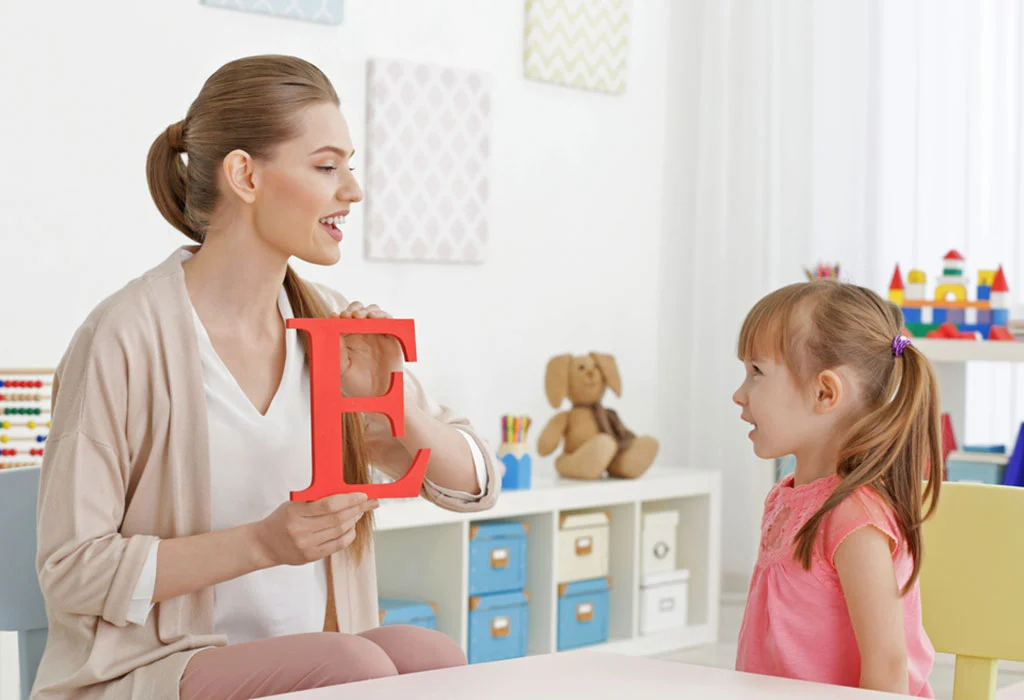Calls for Ukraine
Calls for Europe
Calls for USA

A study in Israel has proven that when there is a long waiting list for a speech therapist, it is possible to help the child with their own efforts
Children with delayed speech development who need speech therapy often have to wait in line to see a specialist. However, a new Israeli study has shown that parents can make a big contribution to significantly improving language skills themselves, and even as well as a speech therapist.
The study was led by Prof. Michal Icht, head of the Department of Communication Disorders at Ariel University, and Dr. Mitchell Schertz, head of the Department of Neurology and Child Development. The results of the study were recently published in the scientific journal American Journal of Speech-Language Pathology.
Speech delay is a condition in which a child’s understanding and application of speech, as well as the use of words and sentences, develops more slowly than is expected for his or her age. “The problem manifests itself in a sparse vocabulary, difficulty understanding simple instructions, use of short words or sentences with low syntax, and grammatical errors,” explains Prof. Icht. – Without appropriate treatment, children with speech delays can develop difficulties in learning, communication, emotion regulation, and self-confidence”.
The study investigated the effectiveness of two therapies for 2-4 year old children with delayed speech development (without other disorders such as autism or mental retardation). The quality of treatment was measured using several instruments, including the internationally recognized language test (PLS-4).
Children were divided into 2 groups. 12 children attended an individual therapy session with a speech therapist for 45 minutes each week. The remaining 18 children did not receive individualized therapy, but their parents attended 12 weekly 90-minute group sessions led by two speech therapists and received homework assignments.
As part of the trainings, the parents were taught daily routines for working with their children: how to talk during daily activities; how to ask questions that encourage the child to say more words without settling for short answers; how to teach conversation in more extended phrases, reuse words appropriately, and increase engagement in cooperative play.
The results were amazing
After 3 months, the children in both groups took the language tests again. It turned out that both methods led to significant improvements in language skills. “The only difference was in the number of simple sentences spoken by the children. Here, the group of those who practiced with a speech therapist showed a slight advantage,” says Prof. Icht.
According to her, parental training produces excellent results: the child learns to speak in a natural environment, in familiar contexts, through play, and not just through therapy or coaching. “This stimulates children’s desire to express themselves with words and communicate with others, and improves their participation in the therapeutic process,” states the professor.
At the same time, parents also begin to better understand their children and realize how to teach them how to cope with language and communication problems. What the specialists have taught the parents does not require special skills, awareness, will and patience are enough. However, it is important to note that this form of treatment requires cooperation, so it is not suitable for every family.
Despite the impressive results of the study, Prof. Iht emphasizes that they do not contradict the importance of professional treatment with a speech therapist, but this method provides an unconventional solution that helps in an era of shortage of specialists and limited access to child development services. Language is not learned in one weekly session, she said, and the study proves that parents can help children themselves if speech therapists provide them with the necessary knowledge and skills.
That way, even a child who is waiting a long time for treatment can benefit from working together with parents, which will improve their language skills before professional therapy begins.
Please rate the work of MedTour
